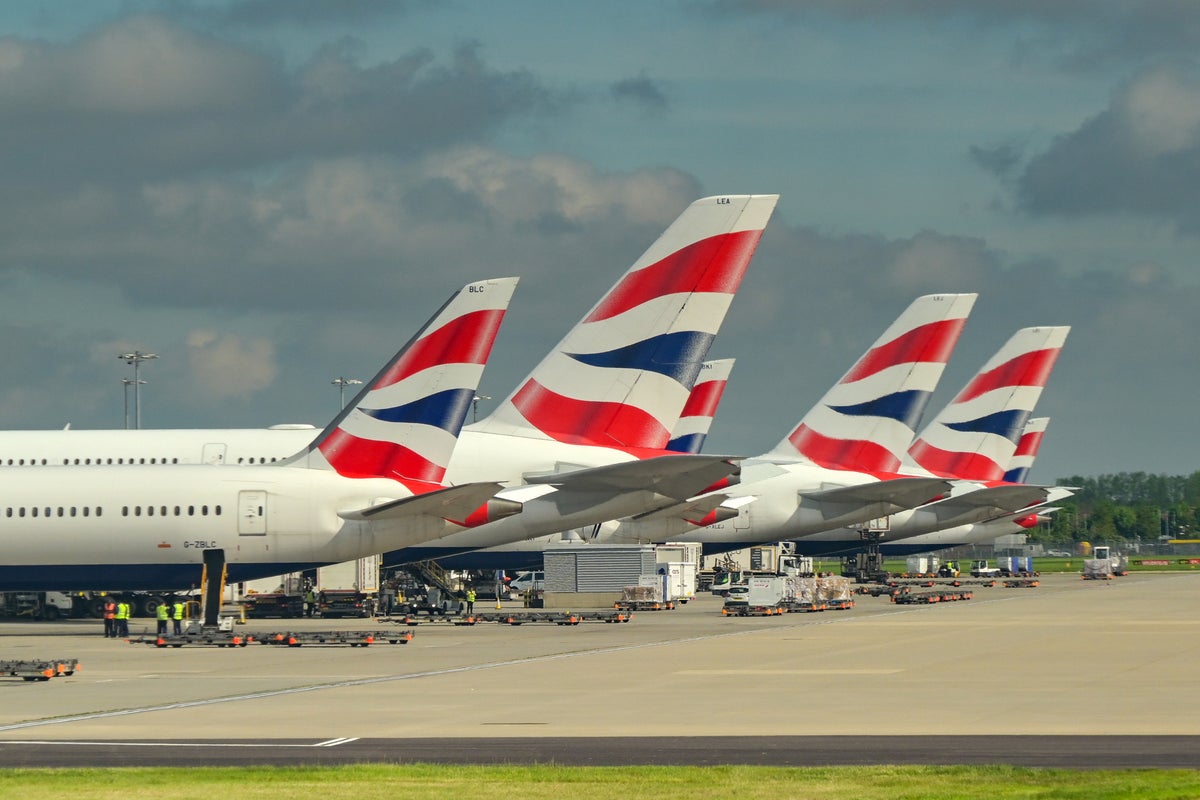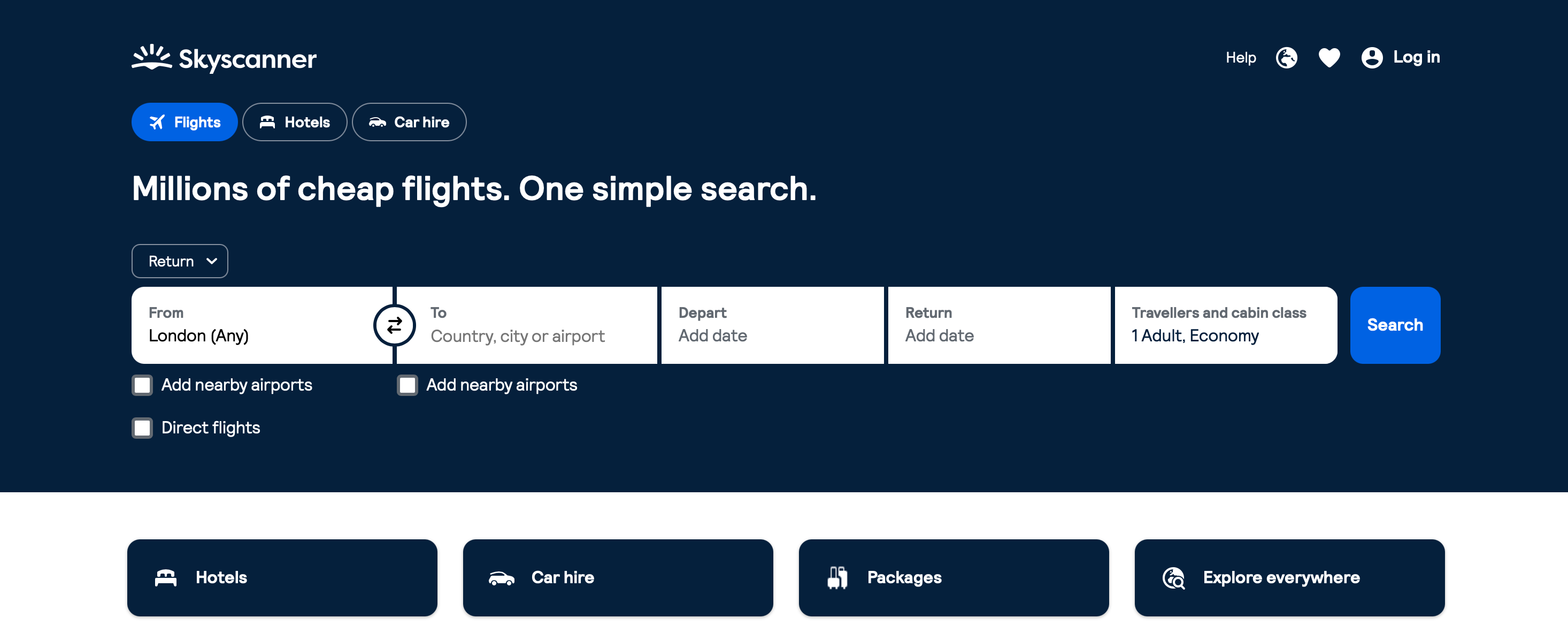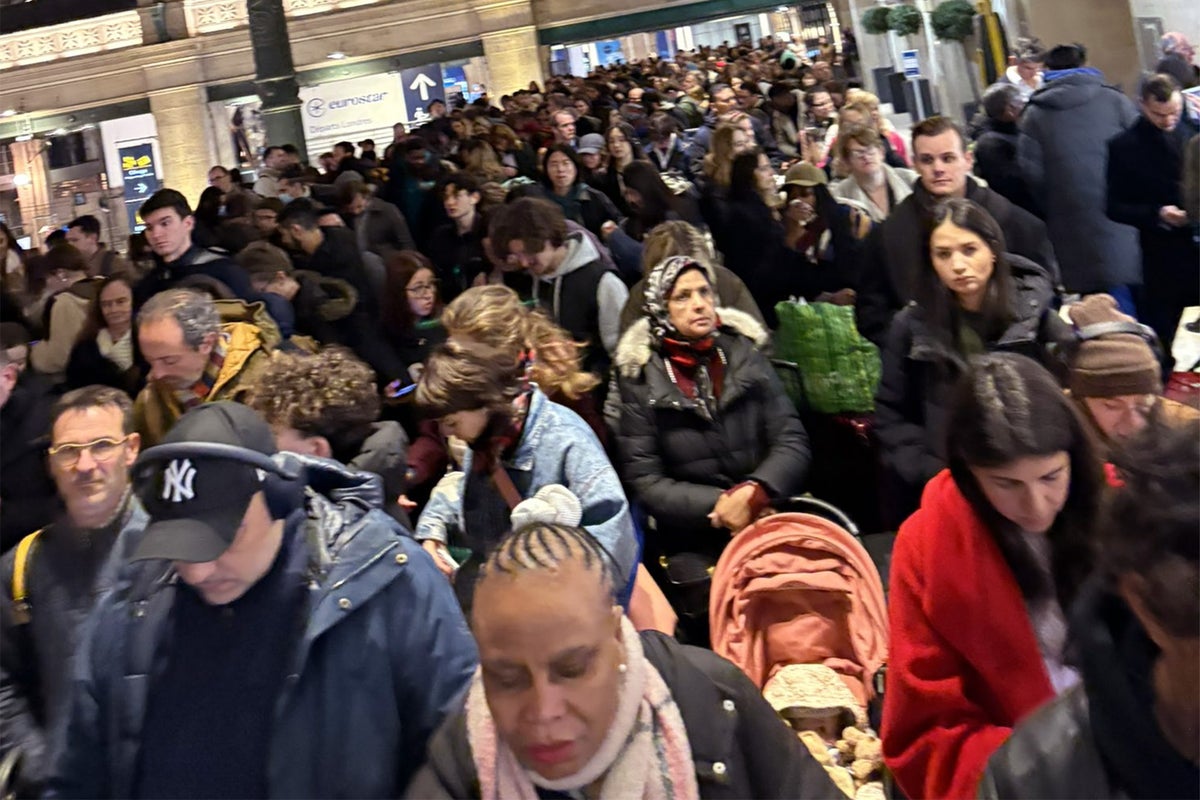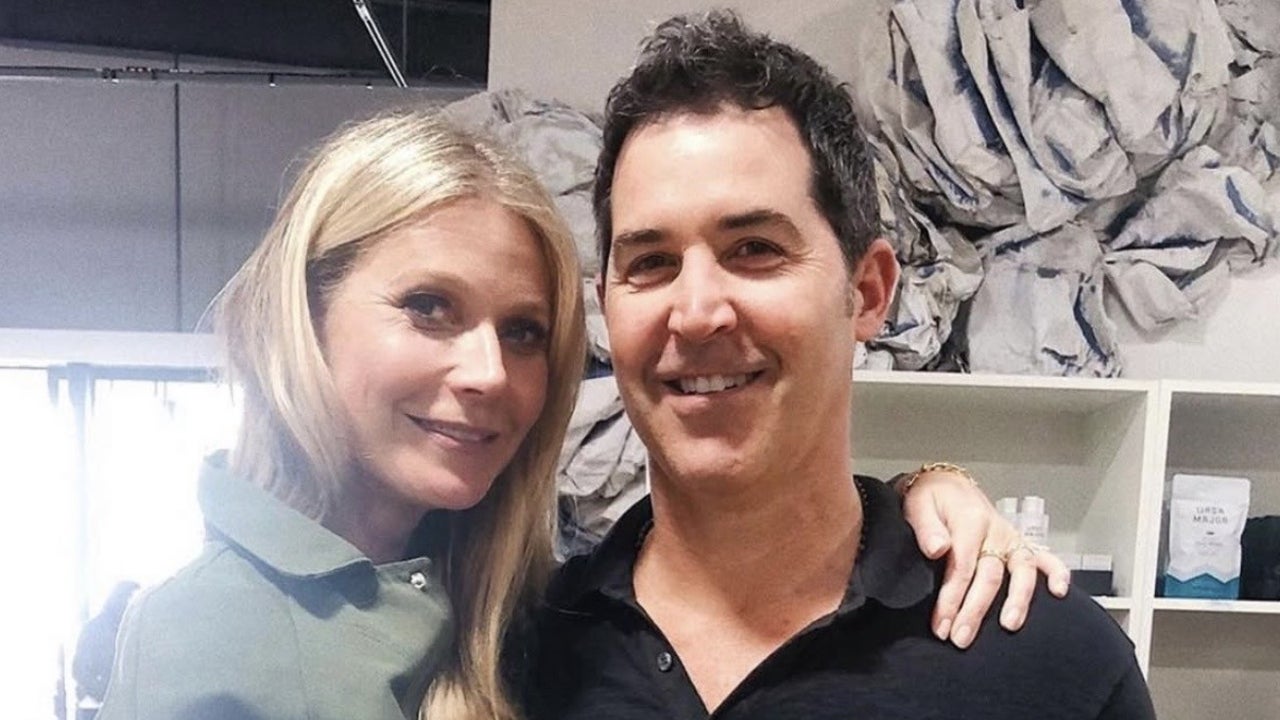Are online travel agents cleaning up their act?
Plane Talk: UK travellers could get windfall benefits from European Union action

On Thursday I will fly on British Airways from London to Denver. The return trip cost £621. But I could have bought the same flights around £30 cheaper by going through an online travel agent (OTA).
Odd though it may seem, the practice of selling some seats at deep discounts through a middleman has some merit from the airlines’ point of view.
The roots of the practice lie in the bad old days of heavily regulated fares. On many routes, airlines could not be seen to sell tickets more cheaply than the official fares. So they sold through companies called “consolidators” who punted out cheap seats though retail agencies known as “bucket shops”.
Often the ticket would show an official fare that bore no relation to the amount paid – eg £1,200 for a trip that actually cost £500. That maintained the fiction that every airline was adhering to super-high fares.
Thankfully, these days – in most circumstances – airlines can charge what they like. Yet they still often pay a modest commission to online agents who undercut them.

Read more: When’s the best time to fly? Airports reveal their calmest periods for flight departures
Airlines use intermediaries to provide additional sales power. They want to be relevant in the intensely fare-sensitive part of the market, which includes people who search on Skyscanner and other price-comparison sites.
Take my flight from London to Denver this week. BA knows that there are plenty of us who will book direct in order to minimise problems when things go wrong – and, in the case of buying on ba.com, for the benefit of a cooling-off spell of 24 hours in which one can cancel for a full refund.
To meet this demand, the airline can apply a modest premium. But for those who are simply interested in the lowest fare, BA seats are likely to be available more cheaply through an OTA.
My rule is only to use an online travel agent if the saving is 10 per cent or more. In this case, it was under 5 per cent. Not enough to persuade me to agree to the online agent’s terms and conditions.
The OTA reserves the right to apply a credit-card surcharge, and has a “confirmed quotation” stage – after which point fares could be increased, with the passenger having little choice but to pay the extra.
What if the airline cancels the flight? The online agent doesn’t even mention the word “refund”, even though this is the traveller’s legal right in the event of a cancellation. As we discovered during the Covid pandemic, many OTAs take a cut of the airline’s refund (and some just hang on to the customer’s cash, blaming the carrier).
In the EU, though, the rules are being redrawn in the traveller’s favour. This week, the European Commission said that it had secured agreement from two giants, Expedia and Lastminute.com, that money will be handed back in full within two weeks of a cancellation.
Similar undertakings have been made by other big OTAs, including Etraveli. You may not know this Swedish firm, but its brands include Gotogate and Mytrip. I used the latter to buy a ticket for a Jetstar flight from Singapore to Melbourne earlier this year – which was cancelled at the gate. The cash took 17 days to come back. In contrast, Lastminute.com still holds some of my money for a booking that fell victim to Covid five years ago.
I shall revisit that transaction and see if the new agreement works to my advantage. It may be that UK travellers get a windfall from the EU’s work – despite our bold decision to reap the many benefits of Brexit that we are now enjoying.
For more travel news and advice, listen to Simon Calder’s podcast

 JaneWalter
JaneWalter 
































